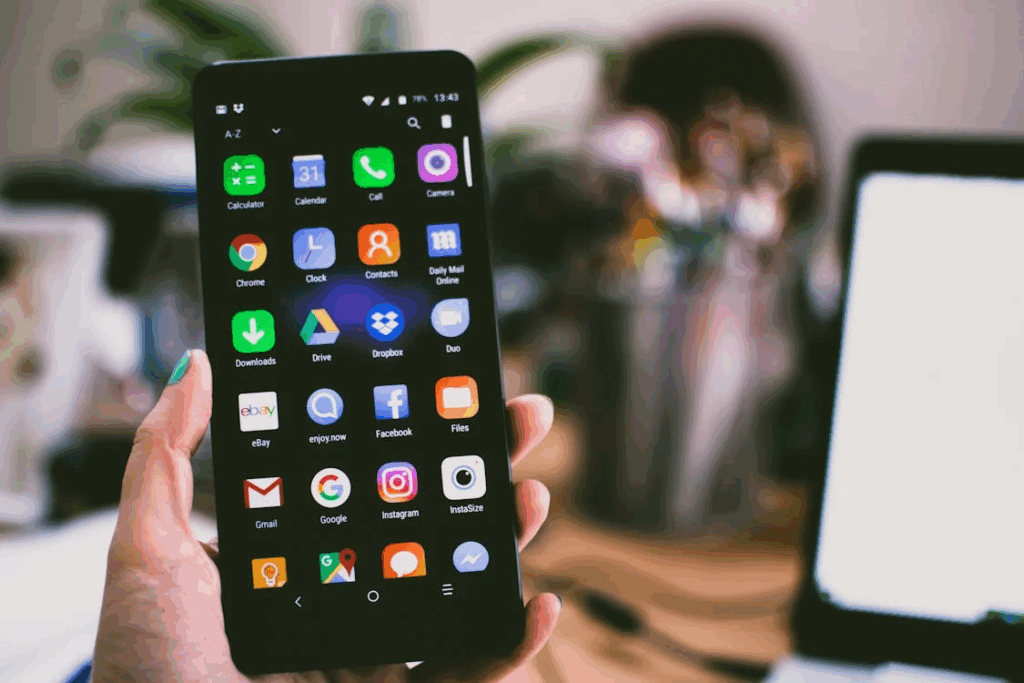In the height of the COVID pandemic, social interaction became severely limited, turning to social media for human connection. From as simple as catching up with loved ones to as intimate as companionship, online platforms became increasingly important to provide connection. However, with the medium shift in connection and intimacy, comes a shift in our understanding of infidelity.
The pandemic also saw a rise in the use of adult entertainment platforms. Online platforms like OnlyFans, in particular, exploded in popularity. In 2023, OnlyFans boasted over 130 million users globally. OnlyFans’ success stems from its subscription-based model that creates a sense of connection for consumers during the pandemic. While the most convenient theory is that single, lonely men would be the primary audience for this content, the opposite is true.
Who’s Really Using OnlyFans?

Studies surveying hundreds of OnlyFans users reveal that about 63% are male, with 89% of those men married. Most identify as heterosexual or bi/pansexual. Far from simply seeking connection out of loneliness, many men subscribe to support their favorite creators, explore fantasies, or spice up their sex lives, sometimes even with their partner’s consent.
Experts like Stacey Diane Arañez Litam, a counseling education professor, emphasize that loneliness in married men should not be understated. Loneliness can affect married men, but research shows that OnlyFans users often focus on desire, exploration, and boredom relief rather than just loneliness.
Another study found that 82% of subscribers were in romantic or sexual relationships, and many reported that OnlyFans content positively impacted their intimacy and sexual experiences. Some couples even use the platform together, and others showed interest in exploring consensual non-monogamy with their partners. While some see this as a way to enhance their sexual experiences, others see consuming OnlyFans content as a form of cheating.
Read More: Private Investigator Reveals Four Red Flags of a Cheating Partner
Why Women Are Calling It Cheating

Despite the diversity of reasons men subscribe to, a recent survey shows that women consider this behavior online a new kind of infidelity. Australian OnlyFans creator Maddi Miller, for example, broke up with her boyfriend after discovering he was secretly subscribing to accounts of women who she knew. She described the act as a “huge breach of trust.” However, the sentiment is shared with many women. That subscribing to someone’s OnlyFans content, especially in secret, is considered cheating.
Recent surveys reinforce this perspective. In a poll of 54,000 Australians, 50% said subscribing to OnlyFans was “definitely” cheating, while another 42% said it depended on the nature of the interactions involved. Notably, 61% of women considered it cheating, compared to 46% of men who said it depended on the context. Only 8% of respondents thought using OnlyFans was a “normal” part of a relationship.
Emotional Cheating in the Digital Age

What makes OnlyFans different from conventional pornography is its interactive, personalized presentation. Subscribers can message creators, request custom content, and develop ongoing exchanges that mimic emotional intimacy. For many women, this level of engagement feels less like passive consumption and more like a betrayal of the emotional exclusivity expected in monogamous relationships.
Relationship experts note that the secrecy and emotional investment involved can erode trust and create a sense of betrayal, even if no physical contact occurs. The act of subscribing, especially when hidden, often signals a breach of the “relationship contract” that couples implicitly or explicitly establish.
Does porn addiction play a role?

While pornography addiction is not a recognized psychiatric diagnosis, shame and poor communication about sex can exacerbate relationship problems. Research suggests that most OnlyFans users do not subscribe secretly, and many use the platform responsibly within their relationships. Paying for content also supports creators financially, distinguishing OnlyFans from free porn sites and reducing stigma around sex workers.
The Psychological Impact

The rise of OnlyFans also reflects deeper psychological and cultural shifts, particularly in sex work. For some, the platform offers empowerment and sexual exploration. For others, it can create cycles of validation-seeking and emotional dependency, sometimes at the expense of real-life relationships. While some research shows a benefit in helping foster better relationships between couples, others warn it could lead to fragmenting relationships.
Changing Stigma

At the same time, OnlyFans creators, especially women, face harassment and prejudice that can harm their mental health. The platform’s rapid growth since the pandemic has raised concerns about the psychological effects on content creators, even as users seem to benefit from expanded sexual expression and connection.
Navigating New Boundaries

As the digital space and intimacy becomes increasingly personalized and interactive, couples are now reckoning with redefining what constitutes cheating. For some, subscribing to OnlyFans may be acceptable if done transparently and with mutual consent. For others, it remains a dealbreaker and considered as cheating.
Conclusion

What is clear is that the definition of infidelity is no longer as simple as physical versus emotional. In the age of OnlyFans and the social media age, the lines are blurred, and boundaries seemingly need to be instated
Ultimately, the rise of OnlyFans signals shifting cultural norms around sex, fidelity, and digital intimacy. For many married men, the platform is less about loneliness and more about exploring desires and enhancing relationships. Yet for others, especially women who feel betrayed by secret subscriptions, demands honest conversation, mutual respect and transparency between partners.
Read More: Woman Reveals Two Major Signs a Man Is Cheating, and People Agree

